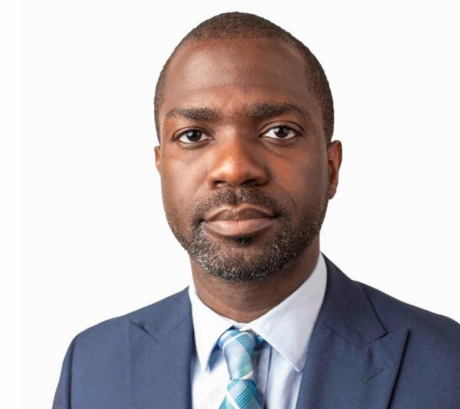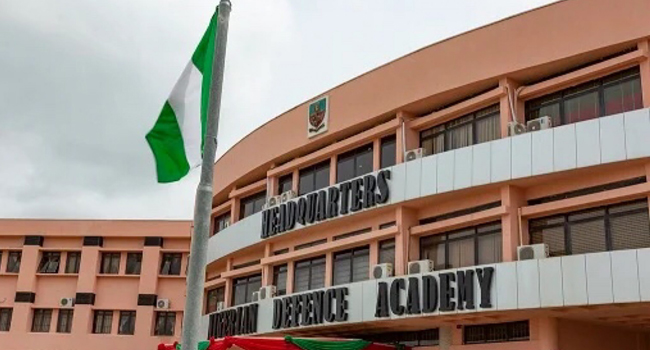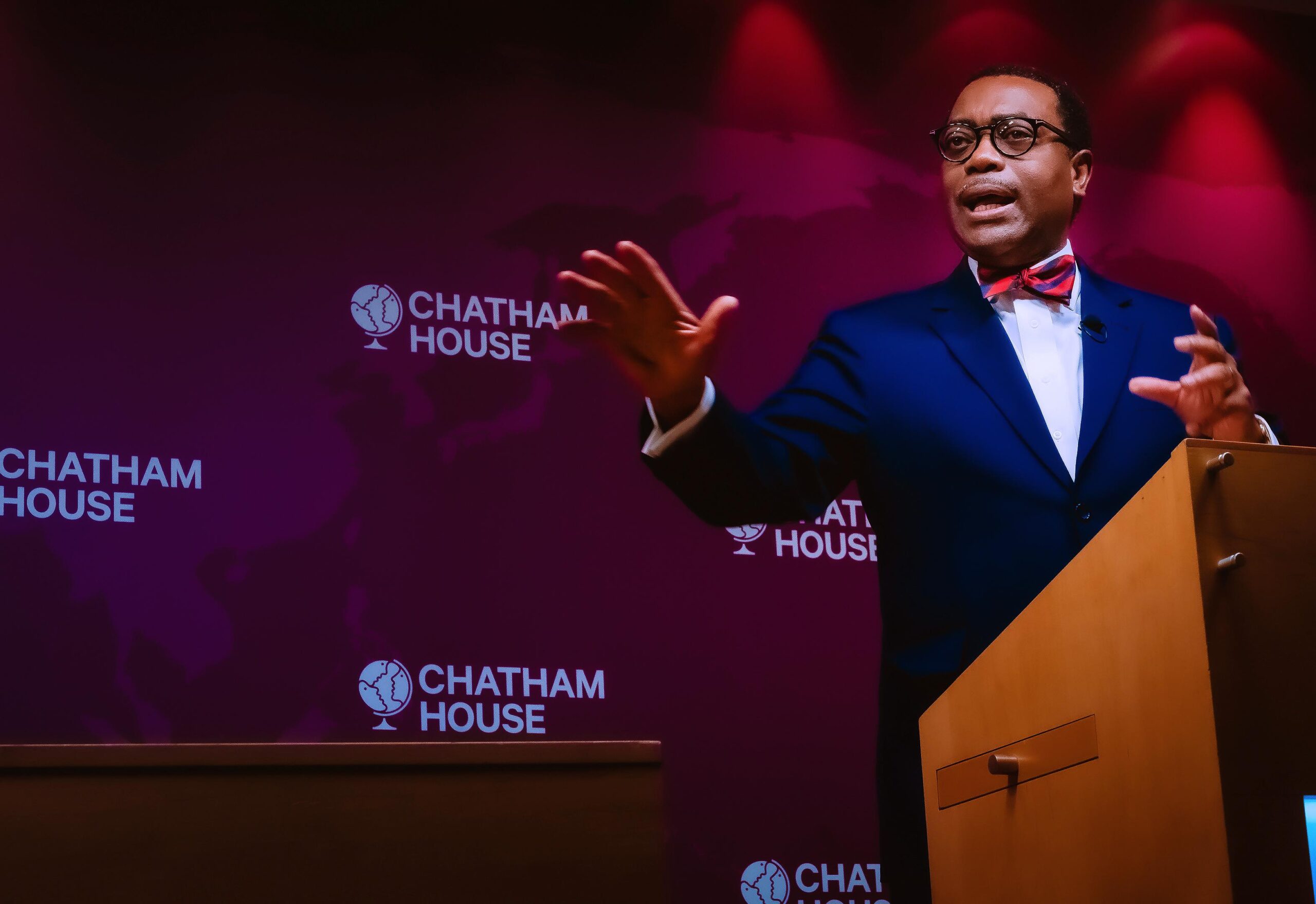File photo of Nigerian youths in a gathering
Nigeria boasts the world’s largest youth population, with a median age of just 18.1 years. Nearly 70% of Nigerians are under the age of 30, and 42% are below 15 years old, amounting to a staggering 151 million young people. This youthful demographic is juxtaposed against significant challenges: high poverty rates, widespread unemployment, and ongoing issues with food security, safety, and property protection. Youth unemployment saw a rise from 7.20% in the second quarter of 2023 to 8.60% in the third quarter. Historically, from 2014 to 2023, the youth unemployment rate has averaged 22.97%, peaking at 53.40% in late 2020 and dropping to a low of 6.90% in early 2023. Nigeria stands out as one of the eight countries driving global population growth and leads in Africa. With a population projected at 216 million, these figures represent 216 million potential opportunities for development and progress. However, Nigerian youth face numerous hurdles, including high unemployment, limited educational access, economic challenges, a significant HIV/AIDS prevalence, and pervasive poverty.
As the world rapidly embraces digitalization across all sectors, technology is fundamentally reshaping our lives and work. Nigeria must not lag behind in this transformation. The vast opportunities that artificial intelligence (AI) presents—in areas such as navigation, education, real estate, and project management—highlight the immense potential technology holds for elevating Nigeria to a global powerhouse. To propel the country forward, emphasis must be placed on new technologies, social media, digital marketing, agriculture, fintech, and other emerging industries. Harnessing the energy and creativity of Nigeria’s youth is crucial for achieving this vision.
Notable success stories underscore the burgeoning role of technology in Nigeria’s economic landscape. In March 2021, Flutterwave, a Nigerian fintech startup, garnered international attention by securing $170 million in funding, achieving a valuation of $1 billion, and entering the elite group of corporate unicorns. A few months earlier, in October 2020, another Nigerian fintech startup, Paystack, was acquired by the U.S. tech giant Stripe for $200 million. These landmark deals highlight the growing significance of Nigeria’s technology sector within the national economy. Flutterwave’s valuation now rivals that of some of Nigeria’s largest banks, contributing 0.22% to Nigeria’s GDP of $448 billion. For Nigeria to continue on this path of innovation and growth, it is imperative to invest robustly in science and technology education at all levels. This investment will arm the youth with the skills necessary to develop groundbreaking technologies that address the country’s challenges and drive economic prosperity. Nigeria’s Information and Communication Technology (ICT) vision is ambitious, incorporating computer education into the curriculum at all educational levels.
A key objective of this vision is to equip young Nigerians with ICT skills, preparing them to compete on a global stage. Effectively empowering the youth in this way serves as a potent catalyst for national development. Youth empowerment fosters a culture of innovation and creativity, driving economic progress. Technology is integral to the rapid advancement of STEM (Science, Technology, Engineering, and Mathematics) education in Nigeria. Numerous platforms now offer educational programs and boot camps in these crucial disciplines, forging a strong link between youth development and technological prowess. STEM education not only enhances employability but also aligns young people with the evolving demands of the labor market. The increasing internet penetration in Nigeria, which reached 122.5 million users and 55.4% of the population by early 2023, offers a significant opportunity to amplify youth education through digital solutions.
Advertisement
Among young Nigerians, digital media enhances issue awareness, promotes literacy, and improves access to healthcare. This digital engagement lays the groundwork for a more informed, skilled, and resilient youth population, poised to lead Nigeria into a prosperous future. According to data from the Nigerian Bureau of Statistics, only approximately 22% of schools in Nigeria have access to computers and the internet. This starkly low figure is mainly due to financial constraints within the education sector and a lack of substantial government investment in public institutions. Such underinvestment hinders the ability of Nigerian schools to compete with their international counterparts. Addressing this gap in ICT infrastructure is crucial, as it holds the potential to significantly uplift the nation’s educational standards and contribute to broader societal benefits. Enhanced access to technology in schools can play a pivotal role in eradicating poverty by equipping students with essential digital skills needed in today’s job market. It can also raise the quality of education, fostering a more informed and skilled populace.
Moreover, better educational resources promote good governance by creating an enlightened citizenry that can hold leaders accountable. Increased investment in educational technology could lead to job creation within the tech sector, reduce crime through improved socioeconomic conditions, and bolster national security by providing youth with constructive pathways and reducing the allure of criminal activities. A few years ago, Nigeria launched 5G technology, a move expected to significantly enhance the socio-economic landscape and foster inclusive growth across the nation. According to the latest GSMA Mobile Economy report, the integration of 5G could potentially add an impressive $2.2 trillion to Africa’s economy by 2034. This technological advancement, coupled with Nigeria’s youthful population, has set the stage for numerous opportunities aimed at improving the quality of life and raising living standards.
For the first time, the vision of accessible, affordable, and inclusive healthcare and education is within reach. However, accelerating the deployment and adoption of 5G is crucial for empowering various segments of the population, from unemployed youth to the vulnerable elderly. This technological leap necessitates the upskilling of millions of professionals and educators to ensure they meet global standards and adopt the latest methodologies in their fields. The widespread connectivity enabled by 5G facilitates remote learning and working, bridging gaps in service delivery and skill acquisition.
Advertisement
The upcoming Dr. Fola Aina Annual Colloquium on Youth, Leadership, and Nation Building, organized by the Triola Aina Foundation, will be a significant event in December 2024. This colloquium will spark important discussions around youth development and leadership, highlighting the transformative role of technology in national advancement. It will gather young leaders, visionaries, and change-makers from across Nigeria to explore and strategize on pressing issues, positioning technology as a cornerstone for driving the nation’s progress. Acquiring digital skills transcends individual progress; it is pivotal to forging a digitally inclusive, innovative, and sustainable future for Nigeria. To achieve this, collaboration among governments, educational institutions, the private sector, and civil society is essential to make digital literacy a cornerstone of Nigerian youth’s education. This collective effort is crucial in providing young people with the tools they need to effectively navigate the digital world, capitalize on emerging opportunities, and actively contribute to building a greener, safer, and more prosperous Nigeria. By committing to this goal, we can empower our youth to drive transformative change and ensure that Nigeria remains competitive and resilient in the global digital economy.
Aina, a leadership, security and development expert is the Founder and President of Triola Aina Foundation, Nigeria. He is a young professional and international security analyst and researcher. He holds a BSc (Hons) in Political Science from Ahmadu Bello University, Zaria, Nigeria. He also completed a second Masters’ degree in African Studies at the African Studies Centre, University of Oxford, in 2017, having earlier obtained a Masters’ degree in International Development Policy from Seoul National University, South Korea in 2013. He obtained a PhD in Leadership Studies with reference to security and development, from the School of Global Affairs, King’s College London. Connect with him via X on @folanski
Views expressed by contributors are strictly personal and not of TheCable.
Add a comment







